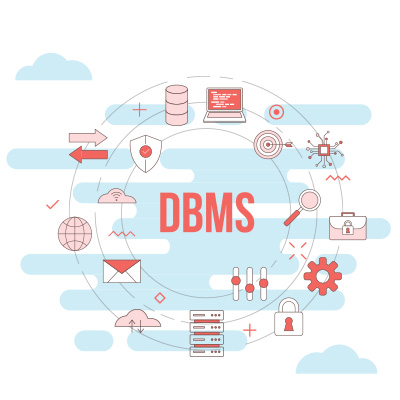A competitive business can adapt to change with new technologies and innovate in their industry. Unfortunately, where innovation and new technologies are concerned, businesses often experience considerable pushback from employees who might not understand how the new solutions support the company’s mission. How do you get these employees on board?
The web is filled with all types of content, and depending on where you live, it can be regulated by a myriad of organizations from all sections of society. From internationally recognized trade organizations to governments to industry regulators, there are a lot of moving parts in data regulation as it now stands. That leads to people wanting more control over data and censorship. Let’s take a look at cyber censorship and how it’s a bigger issue than you might think.
Ensuring seamless communication across all levels of your organization by addressing potential antiquated technologies and refining your strategy commensurate with your needs is more important today than ever before. It isn’t without challenges. To assist you, we lay out the following tips on how to improve your organization’s communications.
Recycling your technology is something that you may not put too much thought into, but the facts are that a lot of the technology we use can be really harmful to the environment if it isn’t recycled properly. This month, we are going to go into what happens to your old tech and how having a plan for recycling your old tech can help.
Have you ever tried to introduce new technology to your team, only to have your efforts at improving your business’ efficiency bounce off of your apathetic and frustrated employees who just don’t see the benefits? You’re not alone; it’s difficult to teach old dogs new tricks, as they say. Granted, it’s not impossible, and your team can (and should) be able to get on board with any new implementations, provided you do some initial legwork.
Data security is an integral part of not just business operations but everyday life at this point. Most people agree that specific measures to protect data security, like verifying emails and updating antivirus software, are reasonable. However, one aspect that many people fail to consider is oversharing information on social media.
January is host to the Consumer Electronics Show, or CES, which takes place in Las Vegas. It’s an opportunity for companies to show off thousands of neat ideas, concepts, and devices, and if you’re a tech nerd like us, it’s total heaven. It’s also interesting to see what trends can be seen and how they might be brought into a business or consumer landscape.
The significance of databases for the average business is extremely important. They are an indispensable tool for seamless operations. Without an efficient database management system (DBMS), your business will not operate optimally. This month, we aim to describe the intricacies of DBMS and its pivotal role in enhancing your business.
Today, technology stands out for its remarkable pace of growth and continuous innovation. I really mean continuous. Nearly everything that has been developed is eventually improved upon, until something new comes along and replaces it. If an improvement is good enough, especially if it is seen as indispensable, it will often transcend the initial invention. This has happened many times over the years.
For the past six months, the social media giant Meta (AKA Facebook) has attempted to take advantage of the perceived instability at X (AKA Twitter) and create a microblogging community in the same vein, called Threads. Today, we thought we would take a look at Threads and how it is similar to X, and how it aims to pull users away from the microblogging giant.










